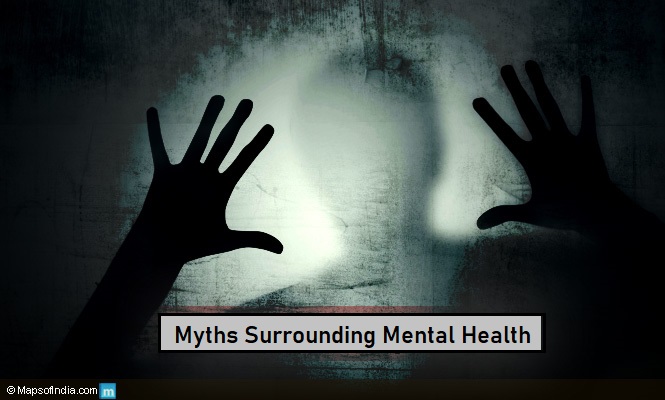The environment we live in and work in dramatically influences our mental health. Whether it is our home, workplace environment, the weather, the society, the country or state, and even educational institutions everything impacts our mental well-being one way or the other. These are just the factors that comprise where we spend our time mostly, but other severe factors can affect our mental health, such as poverty or environmental racism. While many factors can influence our mental health, environmental factors can trigger the illness or even cause it when there is no other suitable cause.
Any stressor in the environment we are surrounded by can trigger our stress levels, whether it’s environmental pollution or huge crowds. Even the simplest stressor can significantly impact our mood, which directly influences our mental health. Anything in our environment can affect our mental health; a few common factors include:
- Aesthetics- Congested space or crowds can make you feel uncomfortable, whereas well tided and organized space might make you feel relaxed. Colourful objects may boost your mood, and dull colors may make you feel low.
- Sensory factors- Level of noise and light, smells, the weather, and colors around your environment also impact your mood.
- People- Individuals who conduct communication gaps, conflicts, trust issues, and conspiracy-like factors can negatively affect others. These situations are often stressful and easily trigger certain mental illnesses. On the other hand, if you share space and room with someone you admire or love a lot, staying with someone with whom you share a strong bond positively impacts your mood.
- Culture and values- The culture you belong to is a significant part of your life for which it is important to understand it well, so you are along with them.
- Familiarity- Your experience about a particular environment type that has given you a bitter experience can trigger the old feelings. For example, if you faced a traumatic event in a specific city, the name of the town or anything related to it might make you feel anxious and sad.
- Life events- The after-life in living without a loved one who passed away, divorce with your spouse, living in a dysfunctional family, or even adjusting to a new school/workplace or city.
Environmental factors can influence an individual’s mental well-being to a great extent. However, you can manage your negative feelings by making changes on factors that you have control over. You can begin with small changes such as making your room tidy, going for fresh and eye-soothing colored decors when you start to see the changes.
You can take further steps such as moving out of toxic relationships or grow your intimacy in a relationship, which is your priority and does not hamper your mental well-being.
The environment we live in will somehow affect our mental health; it can be minimal in some cases and very significantly impactful in other cases. Therefore, it is advised that you go for professional help when you experience uncontrollable feelings of anxiety or any mental distress.




